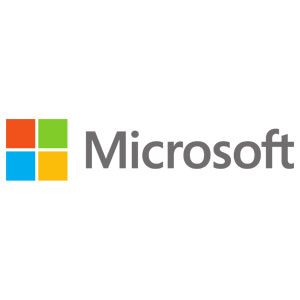Description
Audience Profile
This course is intended for IT professionals who have some experience working with Windows Server, and who are looking for a single five-day course that covers storage and compute technologies in Windows Server. This course will help them update their knowledge and skills related to storage and compute for Windows Server.
Candidates suitable for this course would be:
- Windows Server administrators who are relatively new to Windows Server administration and related technologies, and who want to learn more about the storage and compute features in Windows Server.
- IT professionals with general IT knowledge who are looking to gain knowledge about Windows Server especially around storage and compute technologies in Windows Server.
At Course Completion
After completing this course, students will be able to:
- Prepare and install Windows Server and plan a server upgrade and migration strategy.
- Describe the various storage options, including partition table formats, basic and dynamic disks, file systems, virtual hard disks, and drive hardware, and explain how to manage disks and volumes.
- Describe enterprise storage solutions, and select the appropriate solution for a given situation.
- Implement and manage Storage Spaces and Data Deduplication.
- Install and configure Microsoft Hyper-V, and configure virtual machines.
- Deploy, configure, and manage Windows and Hyper-V containers.
- Describe the high availability and disaster recovery technologies in Windows Server.
- Plan, create, and manage a failover cluster.
- Implement failover clustering for Hyper-V virtual machines.
- Configure a Network Load Balancing (NLB) cluster, and plan for an NLB implementation.
- Create and manage deployment images.
- Manage, monitor, and maintain virtual machine installations.
- Import and Export Data
Prerequisites
- A basic understanding of networking fundamentals.
- An awareness and understanding of security best practices.
- An understanding of basic Active Directory concepts.
- Basic knowledge of server hardware.
- Experience supporting and configuring Windows client operating systems such as Windows 10 or Windows 11.


Reviews
There are no reviews yet.